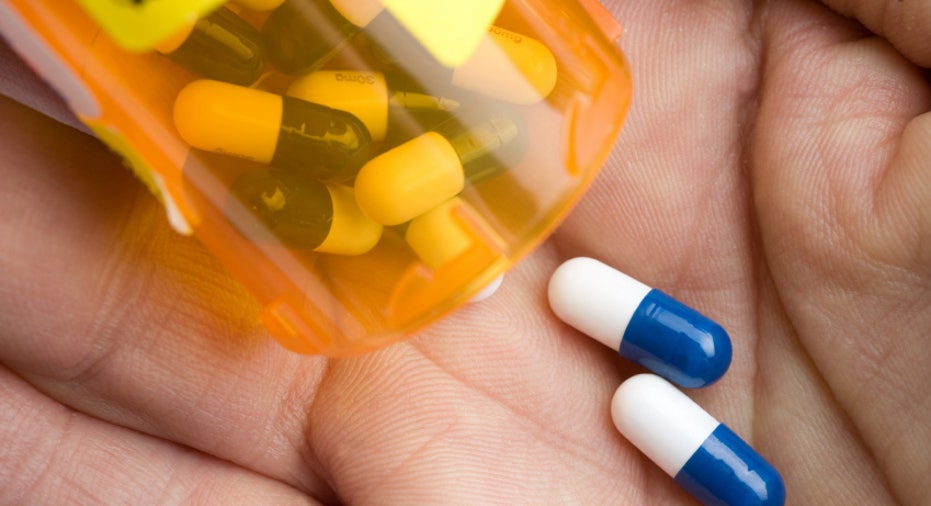Tough Choice: Take Out the Trash or Your Medicine?

Whether they’re suffering from cancer or an ear ache, when it comes to taking medications, most patients aren’t doing it. According to a new survey from health mobile app company HealthPrize, 47% of people said they would rather take out the trash then take their medications. On top of that, more than a quarter of survey respondents would rather have a shot and 10% would prefer getting a cavity filled then taking a prescription drug.
“There is a negative psychological overlay with taking a pill,” says Katrina Firlik, cofounder and chief medical officer of HealthPrize. “It reminds [people] that they are sick and are a patient.”
HealthPrize surveyed 1,021 people who identified themselves as taking prescription medications on a regular basis for a chronic illness or serious medical conditions in an effort to find what motivates people to take medication. The site provides online and mobile-based programs that reward and educates people when they take their medicine.
“Psychologically, people tend to prefer actions that offer short-term benefits,” says Firlik. “But most chronic medications provide no short-term benefits -- only short-term annoyances. So people may skip taking or stop refilling their medication altogether even if the long-term risks to their health are enormous. That’s the reality of medication non-adherence that needs to be addressed.”
Patients with chronic and serious illnesses not adhering to their medications drain the health-care system of billions of dollars each year. A recent study by the University of Michigan School of Nursing, found one-quarter of women who should take hormone-blocking therapies for breast cancer either don’t take them at all or don’t complete the five-year course of treatment.
Of the HealthPrize survey respondents, 25% say taking their medication makes them feel old, while 21% report it makes them feel worried. Fourteen percent claim taking pills is frustrating and annoying, while 10% say taking medication reminds them of their illness and makes them sad.
The age of the patient also plays a role in adhering to the doctor’s regime. According to the survey, close to half of 18 to 34 years olds say paying for gas is more important than purchasing their prescriptions drugs while 20% of women said they are more likely to fill a prescription for their pet then themselves.
Milennials (18 to 34) are 3.5 times more likely than people over the age of 65 to stop taking their medication or not fill a prescription, while women are less likely than men to take their prescription drugs.
According to Firlik, women are more willing to blow off taking medication because they are typically the care giver of the household, and aren’t concerned with their own well-being. “A 45-year-old woman with high cholesterol is not so concerned with that as her child’s asthma,” she says. “It’s a value issue. They are less likely to value their own high cholesterol compared to family illnesses.”
Non-adherence to medicine is a growing problem. Firlik says the industry is too focused on reminders and cost savings when there needs to be an incentive for patients to take their medications. “Just reminding someone is not enough motivation,” says Firlik. “You have to use incentives and reward people early and often.”



















